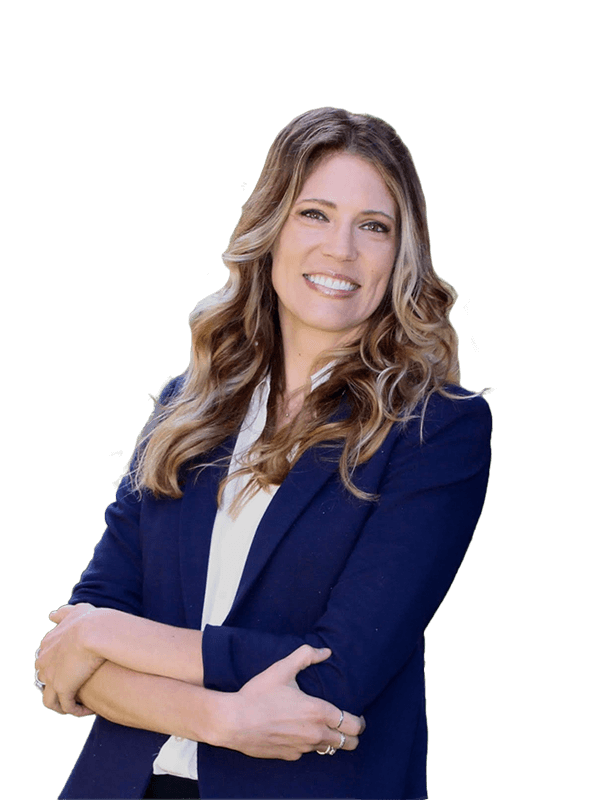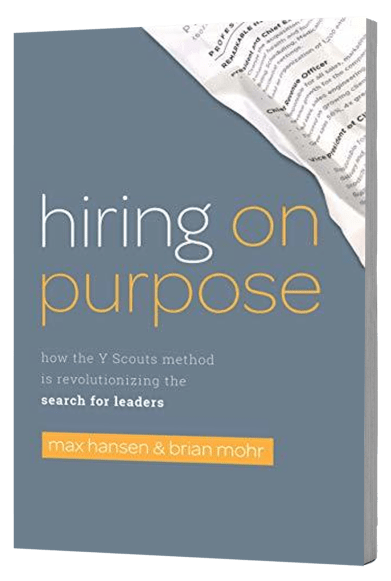When you’re looking for your next executive hire, the interview process and its countless rounds of interviews can seem overwhelming. How can you ensure that you’re getting everything you need from an interview? It’s easy for the process to become redundant and tiring, both for the candidates and for those conducting the interview. You can facilitate the process by using an executive search firm. But when you think about layering your process on top of theirs, you need to be on the same page.
Here is everything you need to know to plan a more efficient and effective interview and how the right search firm can complement your efforts.
Table of Contents
ToggleFirst Round Knockouts
Muhammad Ali took out Sonny Liston in a legendary and controversial 1965 boxing match over half a century ago. No matter your personal opinion of one of America’s once immensely popular sports, if the competitor delivers a knockout blow in the first round, it’s not much of a competition.
Ali could have extended the spectacle for the sake of the audience. He was, after all, a consummate showman. But business ain’t boxing. You’re going to need more than one go-round to determine the best contender and a great fit for your company culture.
So that begs the question: How many interview rounds should you conduct? Hiring and then firing the wrong person is expensive. So, of course, companies want to make sure they get it right. At the executive level, it’s typical to conduct three, and sometimes four, rounds of interviews. But there can be many more, and that number has been increasing in recent years.
But when the interview process is poorly coordinated and ill-conceived, it’s a turnoff to highly desirable candidates. The issues may include, for example, some of the following:
- The candidate becomes frustrated and questions why the company is incapable of taking action.
- The process takes too long and the candidate accepts another offer.
- The candidate is asked the same questions by multiple people and wonders why the company wastes time in this manner.
- The candidate already has a job and finds it difficult to take time off for excessive interviewing.
That’s the simple answer. In reality, the process is far more important than the number of interviews, as Google discovered. At one point, the company put interviewees through more than a dozen interviews. This is, as mentioned, not all that unusual, particularly among elite companies.
The All-Day Sucker Punch
Many companies start interviews in the morning and continue nonstop until the afternoon, or even into the evening. These may be combined with the dreaded mealtime interview, forcing the candidate to answer yet another demanding string of questions while navigating a plateful of pasta. Of course, most of these candidates leave without so much as a lovely parting gift.
Google eventually discovered that there is a point of diminishing returns. If four interviews will allow you to make a hiring decision with 86% confidence, why put the candidate through more?
If you’re using an executive search firm, the number of interviews is a decision best made and coordinated with them. A good search firm can help you create a process that energizes rather than deflates your next hire. It’s okay to stretch the interview process into an entire day, particularly for high-level executives. Just ensure that the process is intentional.
The Interview Process
From start to finish, allow yourself plenty of time to find the right candidates and make a final decision. While you do not want the process to drag on indefinitely, you do want to ensure that you are allocating sufficient time to each step. It’s not simply about drafting a job description, identifying some likely suspects, and conducting the right number of interviews.
The challenge is to find the person who is a match for your values and meets the needs of the stakeholders. Unfortunately, most executive searches begin with a job description that is a jumbled assortment of skills, performance standards, and generalizations that could fit any one of your competitors. Moreover, they provide a cheat sheet of what applicants should say to get the job.
If you put in enough work upfront, it’s possible that the list of potential hires is quite short. That’s not a bad thing. It simply means that the search firm has done its job in finding someone who will do more than occupy a seat. If you’re starting your search with a job description, you will most likely find plenty of executives fully qualified to do lots of things.
You did not find your business plan in a paint-by-numbers book. So you’ll want to give your executive positions more consideration than a rote job description. How? Define your executive role by success outcomes. These outcomes identify what the role should accomplish. With a shortlist of candidates to interview, the interview process itself is accelerated and deliberate.
The actual interviews must be well-coordinated with your executive search firm. After getting to know much more about your company, the search firm can help more closely define the role. That’s the process we follow at Y Scouts, facilitating a discussion of the “why” behind the position before we get to the search strategy and timeline.
The interview process begins with initial phone screenings. Ideally, these should be blind. In other words, the potential candidates won’t know the name of the company or the position title until the search firm determines that they have presented sufficient evidence of their suitability. With a shortlist of the best candidates, the face-to-face or videoconference sessions can begin.
Interview Timeline
Interviews are normally 45 minutes to an hour and a half. They can run much longer. However, the interview time is not nearly as important as the process. It’s not just the candidate’s time to shine. Each company representative must present themselves and the company in the best possible light. That means taking a professional and efficient path.
Some companies prefer to call candidates to return as they advance from one round to the next. There is no one right answer. However, you don’t want to miss out on a good hire due to a bad process. If your search firm has taken the time to ensure that there is a purpose and values match, the process will be valuable for everyone.
Building Objectivity into the Interview Rounds
Not every member of your executive team will be a naturally good interviewer. In fact, it’s easy to default to a chummy conversation that establishes a personal connection but fails to focus on relevant information. It’s a human tendency to gravitate toward the people with whom we share the most in common. Do they look like me, dress like me, communicate the way I do?
But that’s just the tip of the proverbial iceberg. There is a reason for going through a number of interview rounds. A robust interview process gets at many of the intangible qualities — those below the waterline — you can’t see by looking. You want them to fit, not because they belong to your tribe, but because they ascribe to your company’s purpose and values. This means they will not only fit into your culture but enhance it through a diversity of opinions and approaches.
It’s important to ensure that interviewers ask unique questions and execute an objective and well-architectured plan. Your search firm should provide guidance for interview questions. No interviewee should have to endure a series of vague “tell me about yourself” inquiries.
The Y Scouts Difference
At Y Scouts, we use a radical alignment process. This means matching candidates for purpose and value. The process is challenging but rewarding. In the end, it yields good results. After all, regardless of the number of interviews, you want to find a person who can deliver in the role.
How many interviews do you need to find the right person? Enough to ensure a good match. There is no magical number. The approach, however, is critical. At Y Scouts, we’re with you every step of the way. We will put together a comprehensive and strategic plan that works. If you’re looking for your next executive leader, contact Y Scouts today.





